BY WALTER OPINDE
The history of surgical and dental procedures has been here with us for centuries since the Neolithic and Pre-Classical ages. What we see today are just the subsequent improvements since the first surgeries were conducted as early as 3000 BC during the Middle and Renaissance Ages.
As such, these subsequent developments and improvements later advanced to Academic Surgery, which has not left the African-American behind. This article thereby explores the black pioneers in the history of academic surgery in the United States. In 1903, at the Freedman’s Hospital, Washington, D.C., a team of African American surgeons operated a patient while the other staff and residents observed. The Freedman’s Hospital was established by 1863 in Washington, D.C. to provide medical care to the former (freed) slaves after the abolition of slavery, alongside other disabled and aged African-Americans. About 5 years later, by 1868, the hospital was officially made the practical teaching hospital for the Howard College/University of Medicine. By 1961, the hospital was officially transferred to the Howard University under President J. F. Kennedy’s Administration, and its name later changed to Hoard University Hospital by 1975. To date, the hospital still continues to serve as the university’s teaching hospital.
Between 1869 and 1877, Lt. Colonel Alexander Augusta served as the first and only African-American among the faculty members at the Howard University. He entered records as the first person of mixed race to serve as a faculty member in a medical school within the United States. During the Civil War, Alexander served the Seventh U.S. Colored Troops as the first African-American to be commissioned in the military health service.
Elsewhere, Dr. Charles Drew, M.D., also served as a leading surgeon of mixed race at the same hospital. He became a pioneer in the blood preservation at the hospital, and was also an educator, serving as a professor of surgery chairman of the surgical department at the Howard University College of Medicine between 1941 and 1950. During his exceptional leadership, with a broad vision for the university, the surgical department gained momentum and remarkably grew, both in terms of quality service provision and performance. Professor Charles was a dynamic, inspirational, and stimulating teacher whose influence in the improvements in academic surgery can still be felt to date. Besides, Lt. Colonel Alexander Augusta, he also left outstanding records as one of the African-American surgeons, teachers, professors, and leaders who shaped the history of academic surgery in the United States.
“Read more of the original story from https://www.nlm.nih.gov/exhibition/aframsurgeons/pioneers.html”

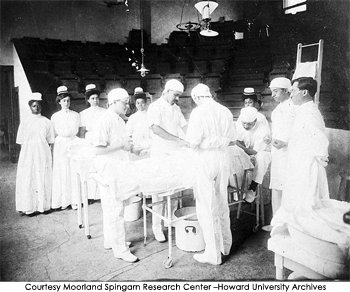



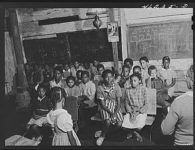
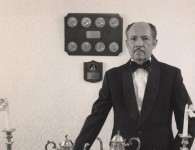
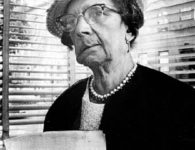
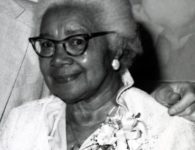

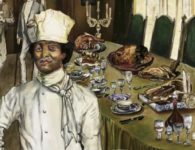
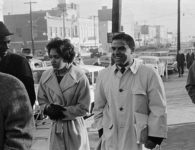
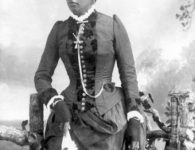
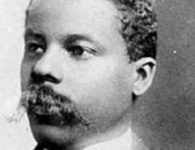
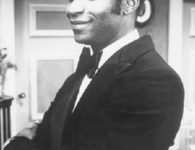
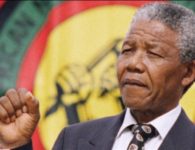
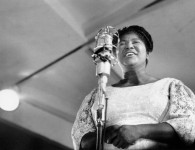
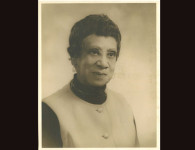
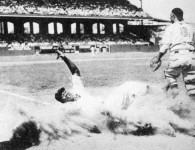

1 Comment
[…] post Black Pioneers: The Academic Surgery appeared first on Black […]